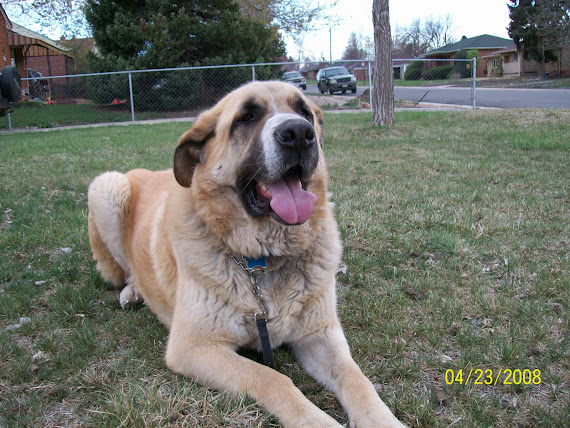Crime and Punishment
The Boulder Daily Camera looks at differences between the US and European nations and the difference between attitudes and policies in the penal system.
Last month, The Supreme Court struck down execution of a rapist in that no deaths were involved. Articles written by four members of The Camera editorial advisory board on June 28 wrestled with this issue. They tended to encourage life imprisonment as a desired alternative. Shortly afterwards, the conviction of a prisoner in Louisiana was overturned. He had been in solitary confinement for over 30 years! Can we not come up with a penal system which protects us without resorting to methods which demean us all and which increases the pathology which we abhor?
STORY TOOLS
 More Guest Opinions
More Guest Opinions
- Executive privilege: That's a stretch
- Thunderbird's lawyer: City should drop liquor fight
- Great expectations: China shows the world more of the same
 Share and Enjoy [?]
Share and Enjoy [?]
A few years back, a Canadian journalist, Dan Gardner, described a typical scene in a Finnish prison near Helsinki. Two men are spraying water and shampoo on two women's hair, discussing modern hair styles as they work. All four are prisoners, serving short terms by American standards. They enjoy frequent visits from family and friends. Young children may live with their mothers in spacious daycare-like wards. Colorful paper cutouts of flowers obscure window bars. Home leaves are frequent and rarely result in problems, even for those convicted of violent crimes.
For the past three decades, Finnish criminal justice has sought to strengthen prisoner dignity, to offer training and therapy in order to minimize re-arrests. Prior to 1972, Finland's prison system was modeled after that of the Soviet Union where the concept of dignity had little meaning. The entire idea that tough prisons deter crime has been discarded. Convicted adults and youth are likely to be treated as "clients" or "patients." The results: Finland now has an imprisonment rate of only 52/100,000, compared to 119 in Canada and 702 in the United States. History shows that crime rates rise or fall not on the basis of the harshness of punishments. Crime rates respond to levels of urbanization, the proportion of young males in a community, social inequality, racial prejudice, and similar social or economic factors. In Finland, politics plays virtually no role even following a heinous crime. Their politicians feel no pressure to show that they are "tough on crime".
Finland is not unique. In Holland, the Dutch also do not believe in long prison sentences in that they see no evidence that such sentences deter crime. Humane treatment during imprisonment is central to Holland's system. Belgium emphasizes victims' rights and compensation, a policy which is increasingly common in Europe. In contrast to sharply increasing prison rates found in the United States, Canada has reduced length and rates of imprisonment. France appears to have increased lengths of incarceration but, in fact, it commonly spares juveniles from prison and uses generous amnesty and alternatives to imprisonment.
Boulder Daily Camera




2 comments:
The criminal justice system in the USA has been totally out of line. If we followed Finlands system we could spend a lot more money on educating our youth, which would help keep them out of prison later in life. Whay chance does a High School drop out have in our hi tech society? The above articles are excellent. djw
I see the issue from a different angle. If you put people into institutions and they get used to that way of life, they tend to gravitate back to that life. Our society and judicial system rarely looks at "offenders" as human.
Prison mangement looks upon prisoners as their gravy train, so they do not want them to feel comfortable on the outside. Parole Officers and Police get promotions upon the accusations and regard parolees as leaches on society.
Judges and Prosecutors feel they are doing their jobs only when they put "criminals" away (notice not real people)
Post a Comment